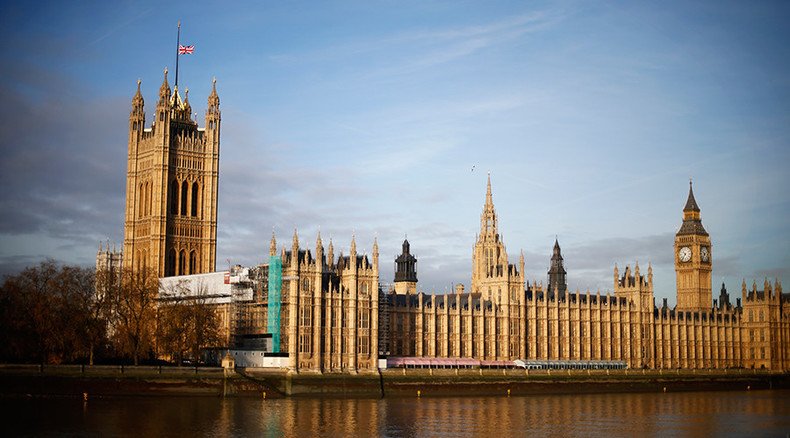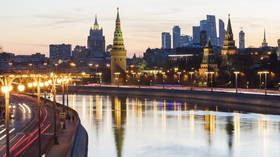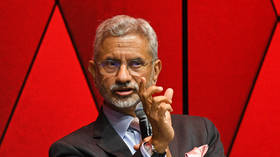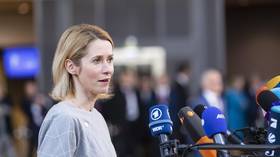Britain’s surveillance state ‘worse than bad joke’ – UN privacy chief to RT

Britain’s oversight of surveillance is “worse than a bad joke,” UN Special Rapporteur on Privacy Joseph Cannataci told RT. He warned that the situation may be “downright dangerous.”
Cannataci, who is also head of the department of Information Policy & Governance at the University of Malta, explained that the problem of the current oversight mechanism in Britain is rooted in lack of resources.
The mechanism is based on the actions of three commissioners which are “severely under-resourced,” he said. Currently there are three bodies that are engaged in the oversight issues – the Information Commissioner's Office, the Intelligence and Security Committee and the Investigatory Powers Tribunal.
“They are in no position to undertake an adequate oversight and random inspections of the agencies which come within their remit,” he said adding that his comment has nothing to do with the personal qualities of the commissioners involved.
The UK has “one of the largest intelligence set-ups in the Western world,” however it has “one of the smallest oversight mechanisms,” he noted.
“The sheer number of human beings working in intelligence in the UK is far greater than the number of people which have been allocated responsible to their oversight,” he said.
“The mechanisms which are in place are not necessarily the right ones,” he explained. The UN official compared the situation with buying a car and being told it's safe.
“You have a shiny new safety belt, but when you try and use it, thesafety belt snaps in half because it hasn’t been built or designed well.”
At the moment the situation with the oversight of surveillance is the same “both from the statutory point of view – the laws need to be updated – and the mechanisms which laws put in place need to be updated,” he said.
British surveillance state ‘worse than Orwell’s 1984’ – UN privacy chief http://t.co/2EPDtRgdFcpic.twitter.com/GEYS6HSGC5
— RT (@RT_com) August 26, 2015In August in an interview to The Guardia, Cannataci said that Britain’s state of mass surveillance is worse than anything author George Orwell imagined in his dystopian novel “Nineteen Eighty-Four.”
“Because if you look at CCTV alone, at least [Winston Smith in Orwell’s novel] was able to go out in the countryside and go under a tree and expect there wouldn’t be any screen, as it was called.
“Whereas today there are many parts of the English countryside where there are more cameras than George Orwell could ever have imagined. So the situation in some cases is far worse already.”
He stressed that the importance of the revelations made by NSA whistleblower Edward Snowden which confirmed the “extent to which it has gone out of control.”
In a report issued by the Home Affairs Committee in May 2014 has criticized the oversight of the security and intelligence agencies. As a result of a comparative analysis of UK and US employees engaged in the field, the authors of the report expressed concern over the lack of resources in the UK oversight bodies.
“We do not believe the current system of oversight is effective and we have concerns that the weak nature of that system has an impact upon the credibility of the agencies accountability, and to the credibility of Parliament itself,” it said.













